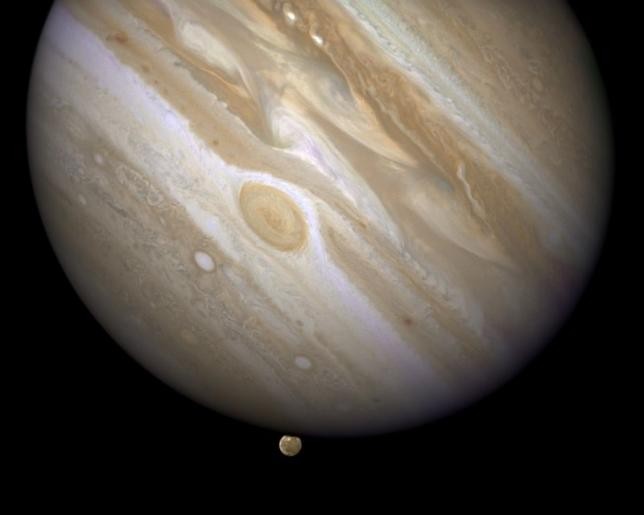Cornell University engineers have won $100, 000 NASA grant to develop a lamprey or squid-like autonomous robot that could explore the unknown conditions of Europa's subterranean ocean.
"This robotic concept is inspired by terrestrial biology, and may help us understand how creatures in an environment like Europa's ocean could gather energy to sustain life," Mason Pack, team leader and associate professor at Cornell's aerospace and mechanical engineering told the Cornell News Publication.
The flexible, soft marine rover will only make use of its extraterrestrial environment's resources to power itself through the subterranean ocean. Without relying on a fuel source from the sun's energy, the Earth, or battery, the robot will utilize its electrodynamic tentacles to gather energy from the unstable magnetic fields surrounding it.
It will also be equipped with the feature of water electrolysis to be able to break up hydrogen atoms, oxygen atoms, and its constituents. This, in turn, will store energy and propel its limbs and body through the waters. The gas will deflate and expand chambers which can produce a natural swimming scheme to move the robot in a forward direction.
"This project will examine the possibility that life forms in Europa might have been powered by an electromagnetic energy, with astrobiology implications," Peck said. "The study can influence future Europa explorations and will serve as a pathfinder towards soft robotics introduction into the future of rover mechanics and possibilities," he continued.
In 2014, NASA revealed a $15 million project to commence a Europa exploration mission. Though no date has been established yet, the project is said to be fulfilled before the end of 2020, CBS reported.



























